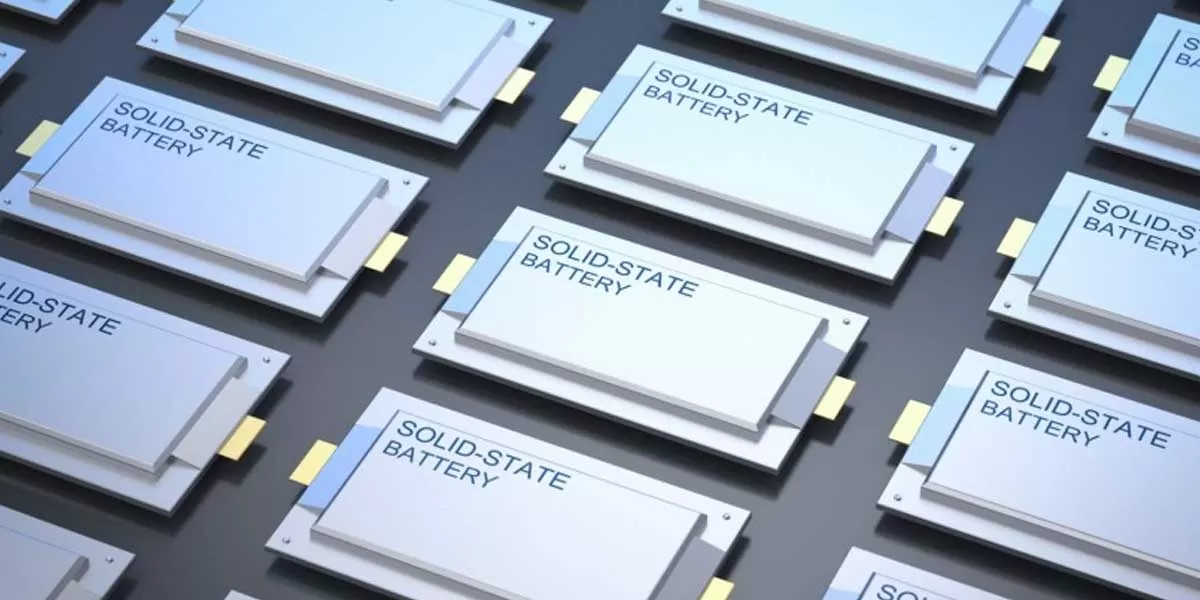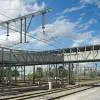
China's $830 Million Boost for Solid-State Batteries

Noida Office Rentals Rise 18% in Six Years, Prime Districts up 29%: C&W
Noida’s office market has recorded an 18 per cent rise in average rentals over the past six years, underscoring the city’s growing appeal as a corporate hub, according to a new report by Cushman & Wakefield.In its study, Noida – Runway for Growth, the consultant noted that prime locations such as Sector 16 and Film City logged a sharper 29 per cent jump in rents, reflecting sustained demand and improving business infrastructure. As of September 2025, Noida’s office stock stands at 43.4 million sq ft, including 26.6 million sq ft of Grade A+ space.The report shows average rentals no..

Mount K Kapital Launches Rs 40-Bn Second Fund for Pan-India Real Estate Bets
Mount K Kapital, the realty-focused investment platform backed by the Rustomjee Group, has raised its second real estate fund of about Rs 40 billion, marking a major scale-up in its investment strategy.Binita Dalal, founder and managing partner, said the fund will finance 10–15 projects currently being identified across the Mumbai Metropolitan Region (MMR), Delhi-NCR, Bengaluru and Pune. The vehicle—supported by strong but undisclosed general and limited partners—will step in at the acquisition stage and continue funding through the development cycle in partnership with developers.Dalal ..

Kesar India Buys Key Nagpur Land for Major High-rise Project
Kesar India has expanded its national footprint with the acquisition of a 24,256 sq m land parcel in Hingna, Nagpur, paving the way for a large mixed-use high-rise development. With an estimated development potential of over 1.50 million sq ft, the project will cater to the city’s growing need for integrated residential and commercial spaces.The company expects the development to generate around Rs 9 billion in revenue, reinforcing its growth plans in one of Maharashtra’s fastest-expanding urban centres. The acquisition also strengthens its project pipeline as it continues to build a prese..

















